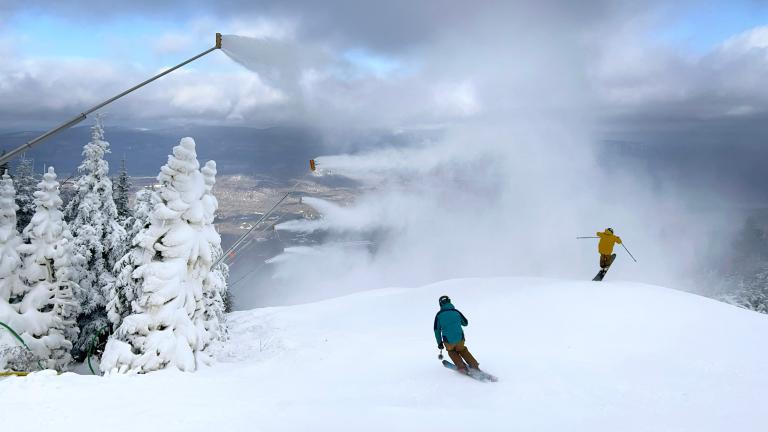Next Tuesday, you’ll hear two announcements that will have the words "tipping point" on the tongue of every analyst and pundit in medialand. For once, they may be right.

The first will come during a "town hall" with Chairman and CEO Chad Holliday of global chemical behemoth DuPont (webcast here). The company is not exactly beloved of environmentalists — it was whacked last year by the U.S. EPA, to the tune of $16.5 million, for failing to report the dangers of a toxic chemical used to make teflon. But greens may well forgive them after this.
DuPont will announce a series of ambitious sustainability initiatives, relating not only to its own operations but to its business strategy. That means directing big-time R&D and marketing money toward developing and selling sustainable products. (I hope green chemistry plays a big role.) The details haven’t been leaked yet, but I’m hearing it’s big — big enough to rival or exceed GE’s much-ballyhooed Ecomagination program.
The second report comes from U.S. insurance giant Allianz, which partnered with the WWF to look into the effects of global warming on risk, and thus on the insurance industry, in the U.S. The report will strongly argue that more needs to be done to prepare, and will include some initial commitments from Allianz.
The significance here is less about Allianz than about starting a much overdue conversation in the U.S. insurance industry. Despite a strong warning last year from Ceres, U.S. insurers have lagged behind their European counterparts in discussing and adapting to the uptick in risk that’s already underway as a result of climate change. As far back as 2001, insurance giant Munich Re was warning in a report to the U.N. that global warming could bankrupt the industry. In 2004, the Association of British Insurers echoed the warning.
It’s time U.S. insurers joined the conversation. Insurance is not the sexiest industry in the world, but it touches almost every other industry and its financial clout is enormous.
Changes around global warming and sustainability are happening at a dizzying pace. Momentum is building. I suspect that five years from now, on these issues at least, we’ll live in a political landscape that none of us today would even recognize.


